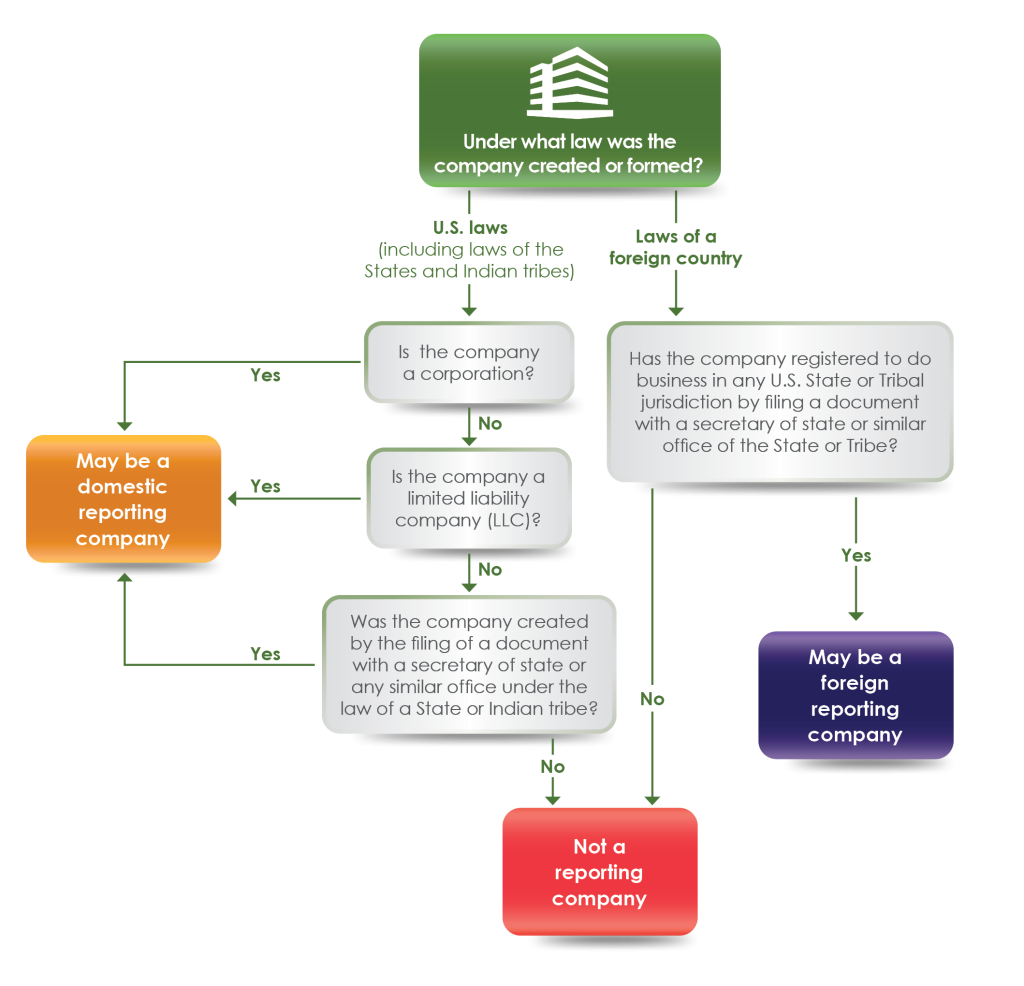LLC Requirement:
FinCen BOI
What is FinCen and BOI?
The Corporate Transparency Act requires certain types of U.S. and foreign entities to report beneficial ownership information (BOI) to the Financial Crimes Enforcement Network (FinCEN), a bureau of the U.S. Department of the Treasury. Beneficial ownership information is information about the entity, its beneficial owners, and in certain cases its company applicants. Beneficial ownership information is reported to FinCEN through Beneficial Ownership Information Reports (BOIRs).
Why is this important?
These new rules were instated to make it easier to identify companies that are used for illegal purposes, such as money laundering, terrorism financing, organized crime, and other financial crimes. By requiring many corporations, limited liability companies (LLCs), and other entities to report information about their beneficial owners and company applicants to FinCEN, they are able to identify and monitor who owns a company, including "shell" companies, that are created to try and shield an individual from being tied to illegal activities.
Who is required to file?
Corporations, LLCs, and any other entity created by the filing of a document with a secretary of state or similar office or Indian tribe. Foreign entities formed under the law of a foreign country that are registered to do business in any state or tribal jurisdiction are also required.

Exceptions to who has to be reported:
A beneficial owner is an individual who either directly or indirectly: (1) exercises substantial control over a reporting company, or (2) owns or controls at least 25 percent of a reporting company’s ownership interests. Because beneficial owners must be individuals (i.e., natural persons), trusts, corporations, or other legal entities are not considered to be beneficial owners. The following individuals are also not required to be reported:
The individual is a minor child, as defined under the law of the State or Indian tribe in which the domestic reporting company is created or the foreign reporting company is first registered.
The individual merely acts on behalf of an actual beneficial owner as the beneficial owner’s nominee, intermediary, custodian, OR agent.
All three:
The individual is an employee of the reporting company, when applying the meaning of “employee” provided in 26 CFR 54.4980H-1(a)(15). In general, the term employee means that an individual is subject to the will and control of the employer in what and how to do work, and that the employer may discharge the individual from work.
The individual’s substantial control over, or economic benefits from, the reporting company are derived solely from the employment status of the individual as an employee.
The individual is not a senior officer of the reporting company. The term “senior officer” means any individual holding the position or exercising the authority of a president, chief financial officer, general counsel, chief executive officer, or chief operating officer, or any other officer, regardless of official title, who performs a similar function.
The individual’s only interest in the reporting company is a future interest through a right of inheritance, such as through a will providing a future interest in a company.
The individual is a creditor of the reporting company.
Exceptions to which companies have to report
Securities reporting issuer
Governmental authority
Bank
Credit union
Depository institution holding company
Money services business
Broker or dealer in securities
Securities exchange or clearing agency
Other Exchange Act registered entity
Investment company or investment adviser
Venture capital fund adviser
Insurance company
State-licensed insurance producer
Commodity Exchange Act registered entity
Accounting firm
Public utility
Financial market utility
Pooled investment vehicle
Tax-exempt entity
Entity assisting a tax-exempt entity
Large operating company
Subsidiary of certain exempt entities
Inactive entity
